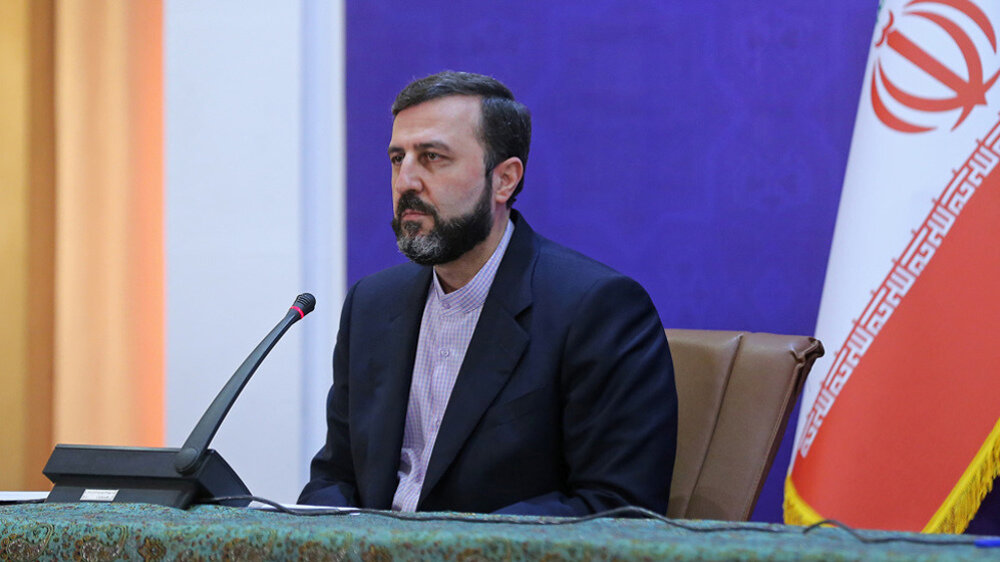TEHRAN – Iran’s Minister of Justice and International Affairs, Qasem Galibabadi, Minister of Justice and International Affairs, made harsh criticism of the Western unilateral sanctions at the International Conference on unilateral enforcement measures and access to justice on Tuesday, calling them a “slow movement crime against humanity” and the economic suffering that punishes ordinary civilians a weapon.
“Unsolicited sanctions are not diplomatic tools, they are tools of economic warfare. They intentionally and systematically suffocate society, violate sovereignty and take away their basic human rights from people,” declared Gallibabadi.
His remarks came along with keynote speech by UN Special Rapporteur Arena Duhan, who extensively documented the humanitarian casualties of sanctions worldwide.
Gallibabadi highlighted Iran’s status as a “typical example” of a country that has been illegally ex-regional sanctions for more than 40 years, particularly under the US-led “maximum pressure” campaign.
He argued that these measures transcend political purposes and become “collective punishment” and discourage access to life-saving medical resources.
“Cancer patients and chronically ill patients will be denied treatment because of the criminalization of basic financial transactions, not because of the lack of competence,” he said, citing the way international banks refuse to process Iran’s payments under the threat of secondary sanctions.
This blocked the import of chemotherapy drugs, MRI machines and even pediatric drugs, leaving hospitals “numb.”
Iranian diplomats emphasized that such policies violated Article 25 of the UN Charter. This guaranteed health rights and accused the West of “systematically obscuring” human costs.
“Humanitarian exemptions exist only on paper. In reality, they are meaningless,” he said.
Calling for Global Accountability
Gharibabadi outlined three points of demand for the international community.
I. Legal recognition: Classify unilateral sanctions as violations of international law when they violate human rights or restrict humanitarian access.
ii. Compensation: Establish enforceable mechanisms to compensate individuals, businesses and countries affected by sanctions.
iii. Transparency: Implement defined procedures to hold responsible procedures responsible for overcomplying with sanctions or using them for their benefit, especially when this action leads to withholding humanitarian assistance.
He further criticised the “asymmetric information” that perpetuates sanctions, claiming that Western media is underestimating “the devastating impact on human dignity.”
“Silence is an accomplice. By normalizing these measures, we justify a system of justifying what is right,” he argued.
The speech also highlighted how sanctions erode legitimate processes. “Targeted individuals and groups have no notice, no accusations, no opportunity to protect themselves. They are blacklisted on the basis of ambiguous accusations without judicial review,” Galibabadi accused of criticizing the extent of the territorial scope of secondary sanctions to cut ties with Iran.
As the 80th anniversary of the United Nations approaches, the answer for Iran is clear: “Will Gallibabadi protect peace and multilateralism, or will coercion be a new norm?” Appeals of tyranny sanctions call for concrete actions to restore justice, not just condemnation.

